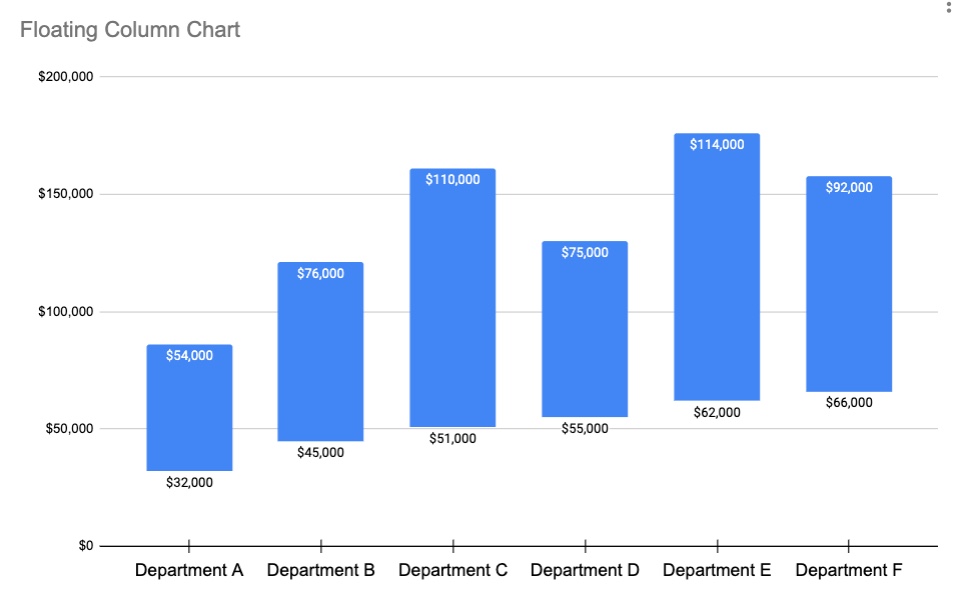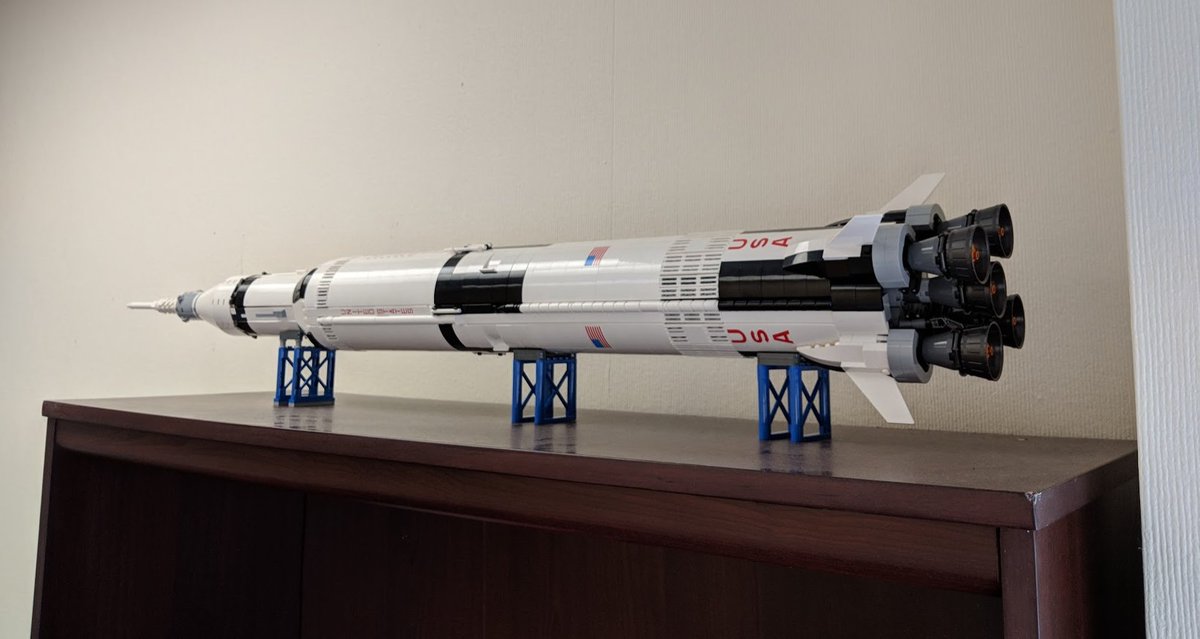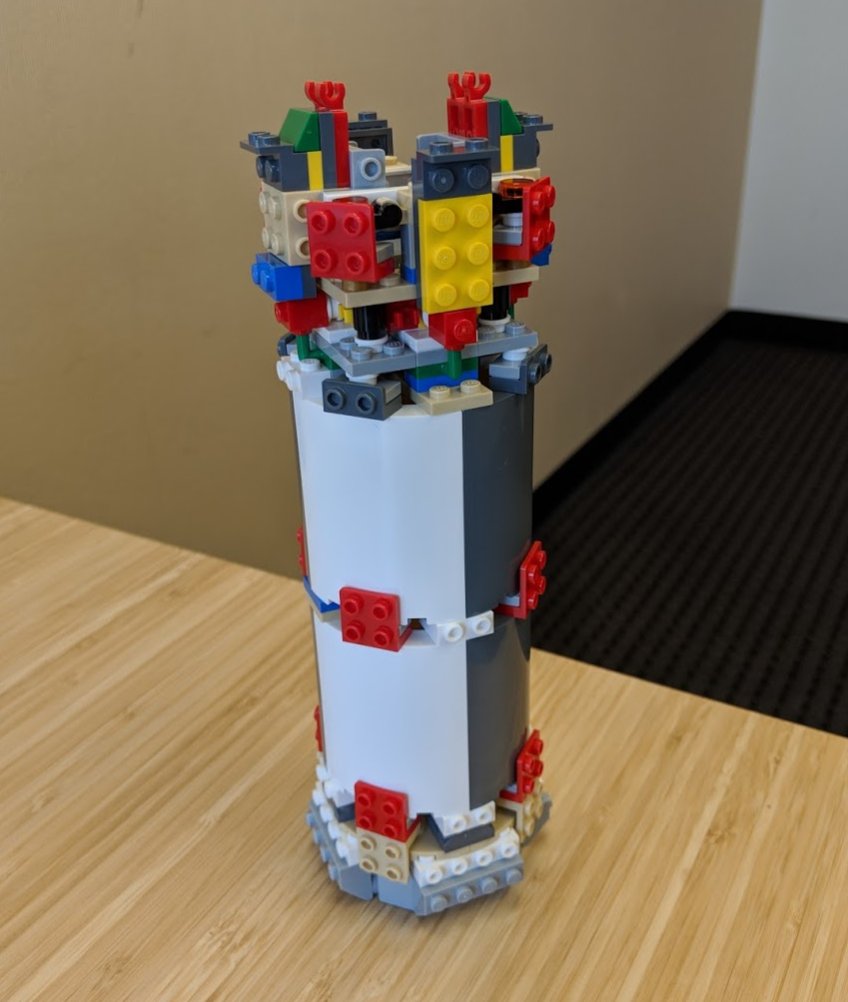
A great way to be more efficient in #GoogleSheets is to learn basic shortcuts for selecting data.
That's what I'm going to show you today - how to select data for formulas without your hands leaving the keyboard. ⌨️
It's so much quicker than grabbing the mouse! 🖱️
That's what I'm going to show you today - how to select data for formulas without your hands leaving the keyboard. ⌨️
It's so much quicker than grabbing the mouse! 🖱️
I remember how awkward it felt when I first learned these shortcuts, and how it was initially slower than just using the mouse to highlight the data.
But after a few days, it was significantly quicker than using the mouse. And it will be for you too.
Here we go ⬇️
But after a few days, it was significantly quicker than using the mouse. And it will be for you too.
Here we go ⬇️
1️⃣
Move quickly to the last non-blank cell in a row or column:
PC/Chromebook: Ctrl + ⬆⬇⬅➡
Mac: ⌘ + ⬆⬇⬅➡
Move quickly to the last non-blank cell in a row or column:
PC/Chromebook: Ctrl + ⬆⬇⬅➡
Mac: ⌘ + ⬆⬇⬅➡
2️⃣
Highlight data to the last non-blank cell in a row or column:
PC/Chromebook: Ctrl + Shift + ⬆⬇⬅➡
Mac: ⌘ + Shift + ⬆⬇⬅➡
Highlight data to the last non-blank cell in a row or column:
PC/Chromebook: Ctrl + Shift + ⬆⬇⬅➡
Mac: ⌘ + Shift + ⬆⬇⬅➡
3️⃣
Highlight data, moving manually from cell to cell:
PC/Chromebook/Mac: Shift + ⬆⬇⬅➡
Highlight data, moving manually from cell to cell:
PC/Chromebook/Mac: Shift + ⬆⬇⬅➡
4️⃣
Highlight the whole dataset:
PC/Chromebook: Ctrl + A
Mac: Cmd + A
Press it again selects the whole Sheet.
Highlight the whole dataset:
PC/Chromebook: Ctrl + A
Mac: Cmd + A
Press it again selects the whole Sheet.
5️⃣
Highlight a column:
PC/Chromebook/Mac: Ctrl + Space Bar
Highlight a column:
PC/Chromebook/Mac: Ctrl + Space Bar
6️⃣
Highlight a row:
PC/Chromebook/Mac: Shift + Space Bar
Highlight a row:
PC/Chromebook/Mac: Shift + Space Bar
• • •
Missing some Tweet in this thread? You can try to
force a refresh









